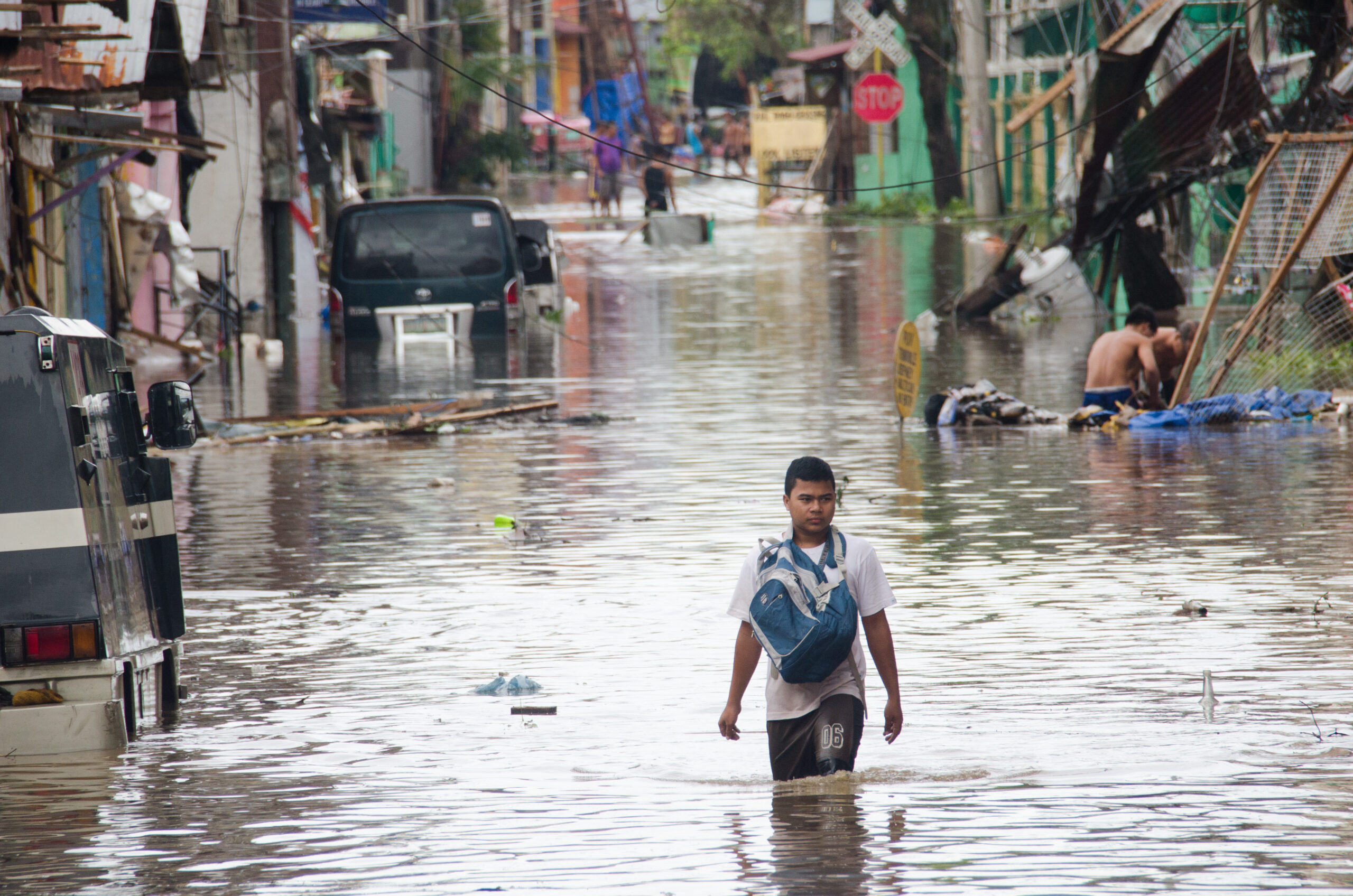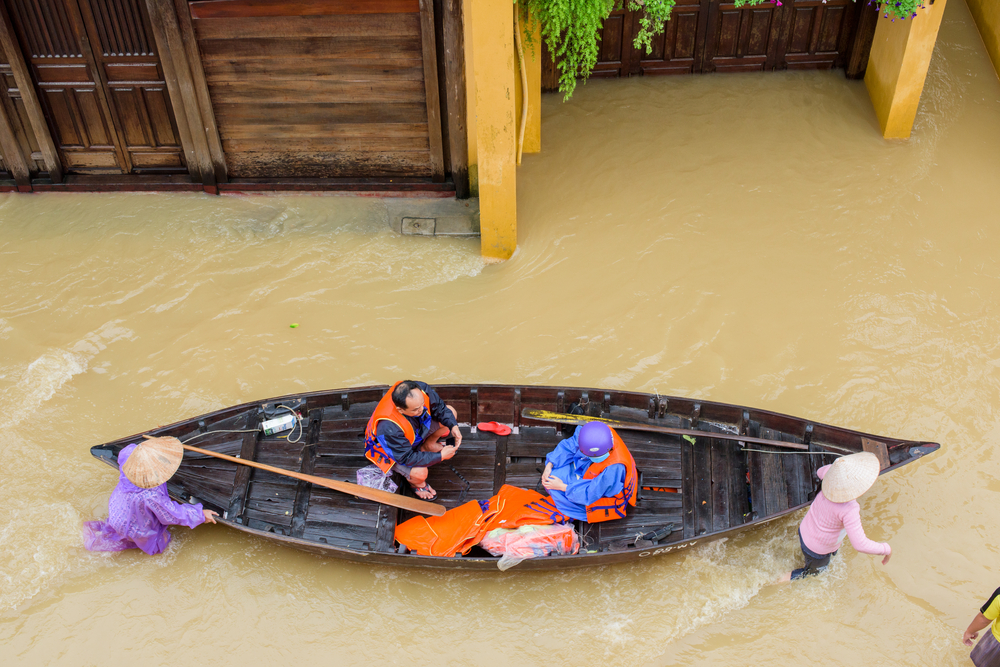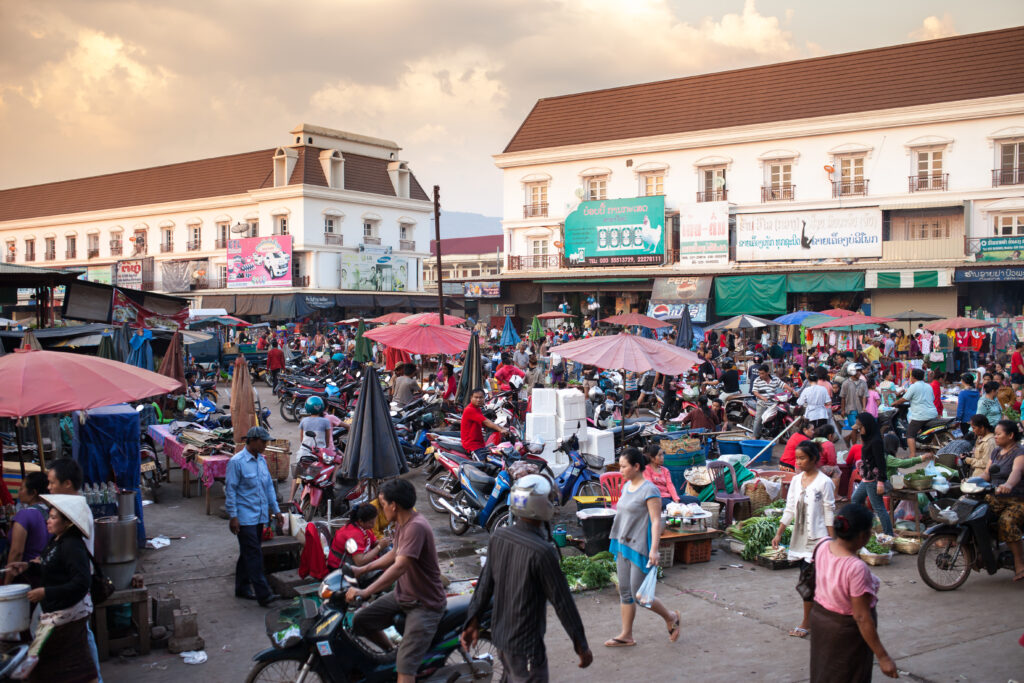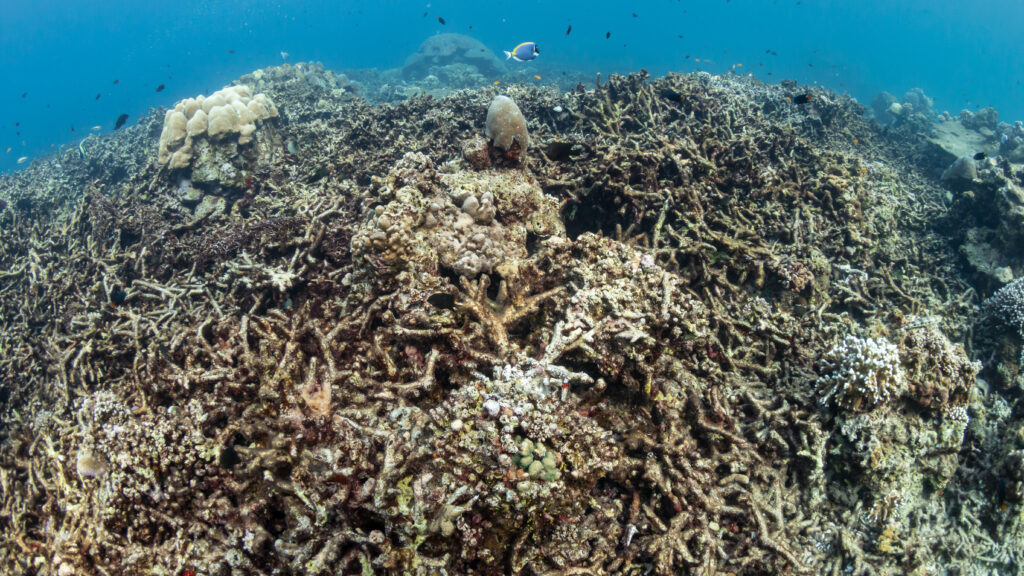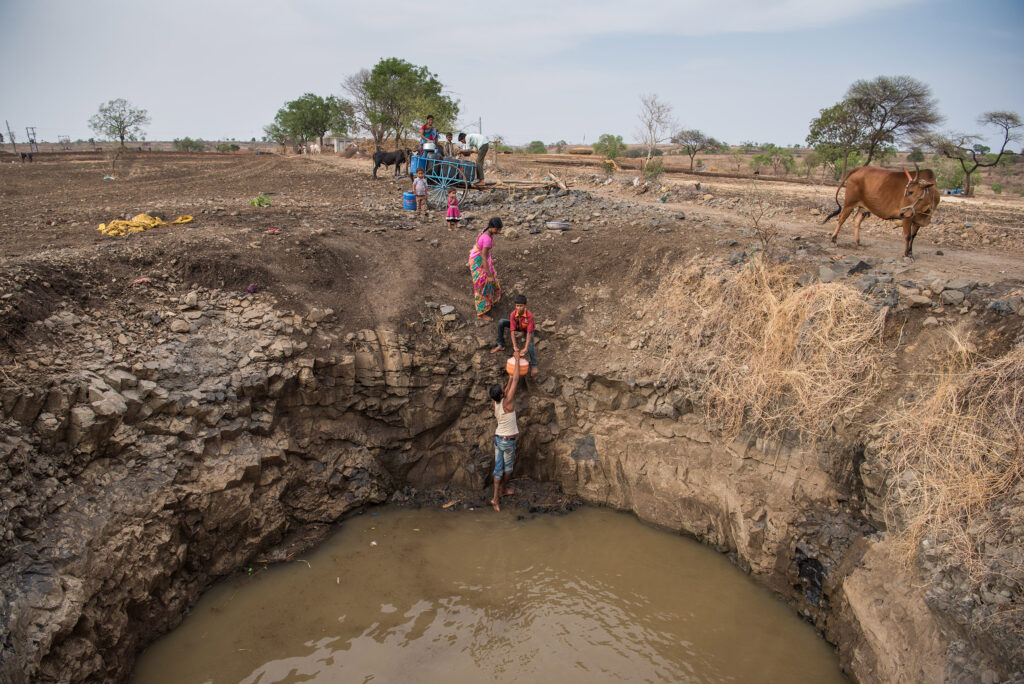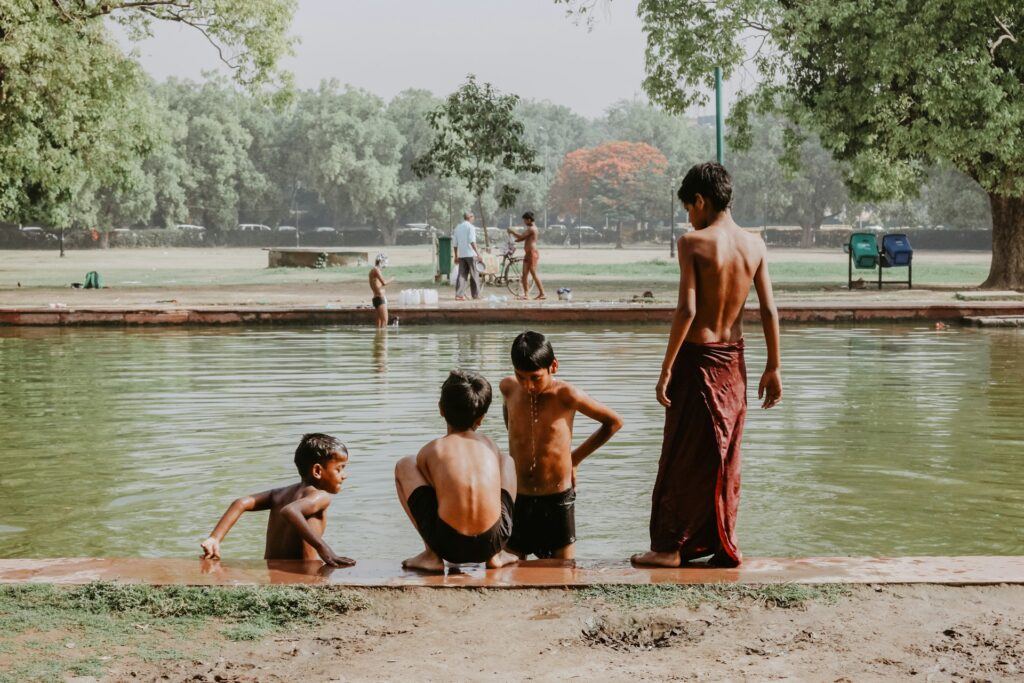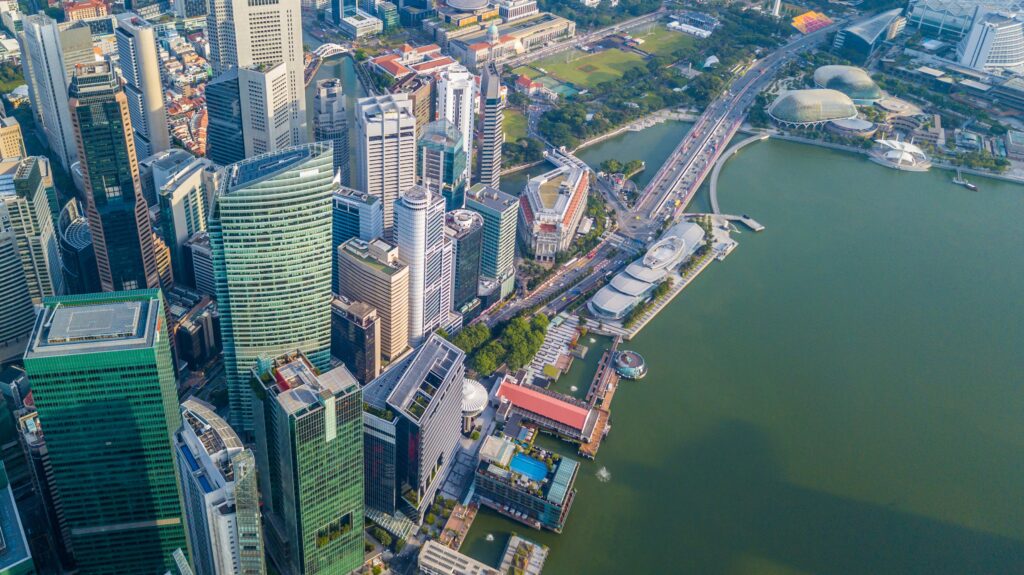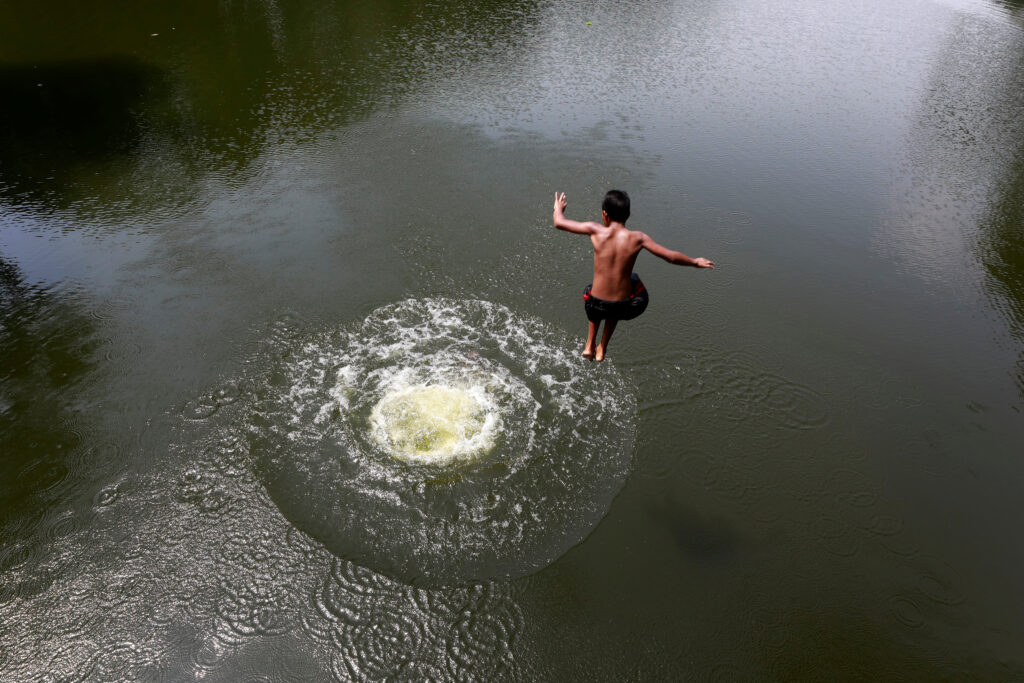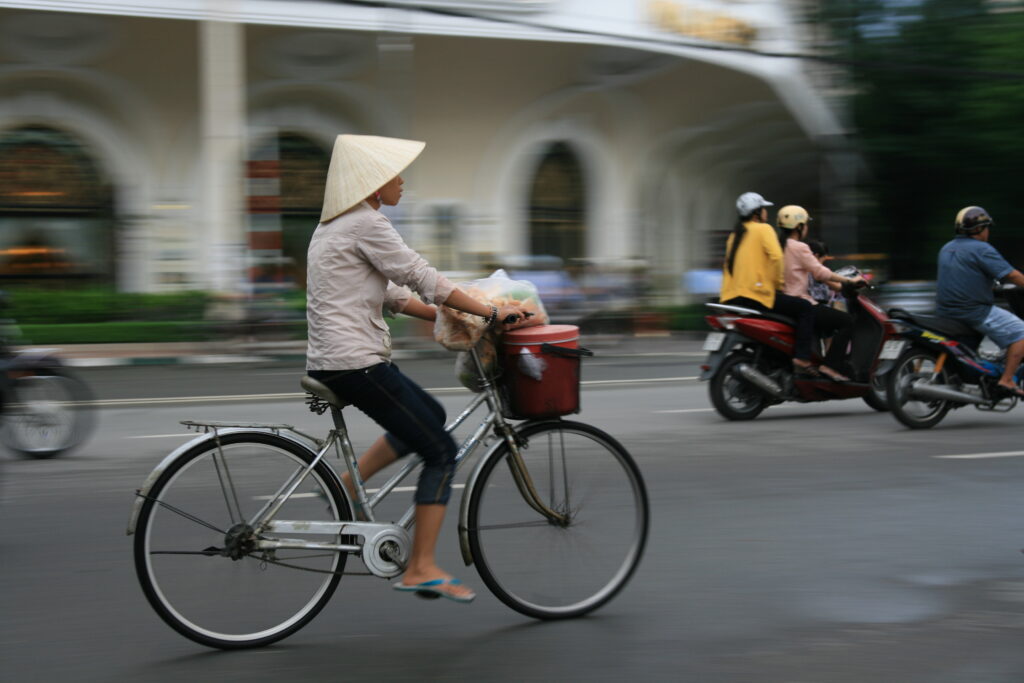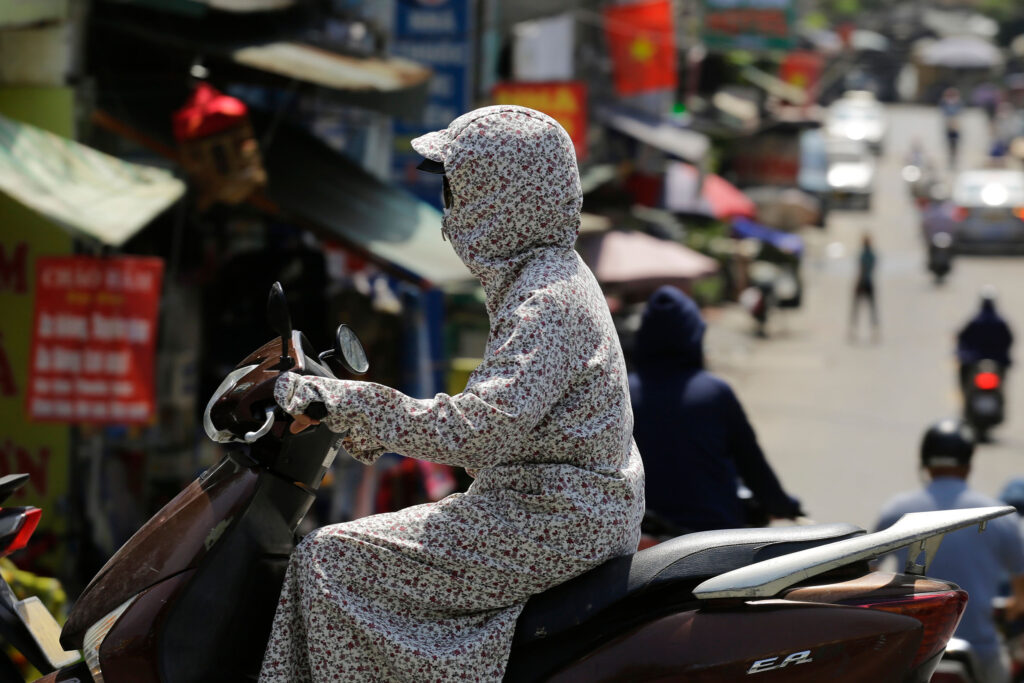Cyclones are among the world’s most devastating natural disasters with several factors involved with the causes of cyclones. The torrential downpours, fierce winds and storm surges can cause widespread damage to infrastructure and crops and threaten life. Over the past five decades, cyclones have caused almost 780,000 deaths and over USD 1.4 trillion in economic losses around the world.
In recent times, cyclones have become more destructive due to climate change. Meanwhile, there has been an increase in the strongest tropical cyclones hitting Asia and the Pacific, as heated ocean waters drive up their intensity.
Moreover, it is expected that climate change will further cyclones’ already devastating impacts, with their destructive power in Asia almost doubling by some predictions. Additionally, as tropical conditions expand, cyclones will hit and reach new areas.
The Causes and Effects of Cyclones
A cyclone is a low-pressure system that forms when conditions are hot enough for it to develop. Cyclones are characterised by storm clouds that begin rotating and generate heavy rains, winds and often storm surges. Cyclones can reach several hundreds of kilometres across and are made more dangerous by their ability to travel huge distances. Their immense power can generate 10 times as much energy as the Hiroshima atomic bomb.
As well as the loss of life and damage to property and infrastructure, a 2021 report from the World Meteorological Organization (WMO) found that weather-related disasters, such as a tropical cyclone, undermine socioeconomic development. For example, recent cyclones across the Pacific Islands destroyed many of the small-hold farms and gardens that around 80% of Islanders rely on for food production, thereby undermining food security in the region.
How Climate Change Makes Tropical Cyclones More Severe and Widespread
Human-caused climate change influences tropical cyclones in three significant ways: by warming the ocean, the air and triggering sea level rise.
This is because as climate change heats the ocean, this warmer water fuels cyclones and intensifies their strength. As the ocean absorbs more than 90% of the extra heat within the climate system, this extra power allows storms to strengthen more quickly.
In addition, a warmer atmosphere can hold more water, thereby increasing the potential for severe downpours from cyclones.
Finally, the strong winds produced by cyclones generate storm surges that can cause coastal flooding. Due to sea level rise caused by climate change, these storm waves are higher than in previous decades.
For these reasons, the most violent cyclones – categories three to five on the Saffir-Simpson scale – that cause the most destruction are now more frequent. “Climate change, therefore, creates the conditions in which more powerful storms can form, intensify rapidly and persist to reach land, while carrying more water,” said World Weather Attribution (WWA).
Scientists also predict cyclones will hit places they have not reached before. This is because global heating is expanding the regions where tropical sea temperatures occur — and evidence suggests this is already happening. As a result, cyclones could strike in relatively unprepared locations that have not, in previous years, had reason to expect them.
“It’s as if the tropics were spreading,” said French weather office Meteo France. “Areas that aren’t really affected now could be hit much harder in future.”
The Climate Crisis is Fuelling Asia’s Cyclones
In regions such as Asia and the Pacific, the risk of more severe cyclones making landfall is increasing. “More Asian inland regions may be exposed to more severe storm-related disasters in the future as a result of the climate crisis,” explained Dr. Chi-Yung Tam at the Chinese University of Hong Kong.
For example, Cyclone Mocha made landfall on the coastlines of Bangladesh and Myanmar in May 2023 after intensifying into the equivalent of a Category 5 storm. As one of the most powerful cyclones to hit in years, it has caused at least 145 deaths, extensive infrastructure damage and displaced thousands.
Dr. Roxy Mathew Koll, a climate scientist at the Indian Institute of Tropical Meteorology in Pune city, said climate change has a part to play in making cyclones in the Bay of Bengal become more intense more quickly. “As long as oceans are warm and winds are favourable, cyclones will retain their intensity for a longer period,” said Dr. Koll.
Attribution Science and Climate Costs
Attribution science can calculate how much of the damage of an individual extreme weather event is a result of human-caused climate change. To date, more than 400 extreme weather attribution studies have investigated the extent that climate change made extremes greater or more likely.
One such analysis by the WWA found that climate change made the extreme rainfall from Cyclone Hagibis – one of the most destructive storms in Japan’s history – 67% more likely.
The cyclone hit in October 2019, bringing the highest rainfall since records began in 1976. It led to around 100 deaths. Climate change was responsible for approximately USD 4 billion of the cyclone’s damage, according to the study.
Scientists agree that the human and economic costs of climate change will continue to increase without mitigating action — and that dramatically reducing greenhouse gas emissions is the most effective way to limit climate harm. “Storms like Hagibis have become more dangerous and destructive because of climate change”, said Dr. Friederike Otto, a senior lecturer at the Grantham Institute of Climate Change and the Environment. “Unless the world drastically reduces its use of oil, gas and coal, the impacts of human-caused climate change will continue to worsen.”
Evelyn Smail
Writer, United Kingdom
Evelyn is a freelance writer and journalist specialising in climate science and policy, the just energy transition and the human impacts of climate change. She writes for independent publications, NGOs and environmental organisations. Evelyn has a background in sustainable development, climate justice and human rights.
Evelyn is a freelance writer and journalist specialising in climate science and policy, the just energy transition and the human impacts of climate change. She writes for independent publications, NGOs and environmental organisations. Evelyn has a background in sustainable development, climate justice and human rights.

